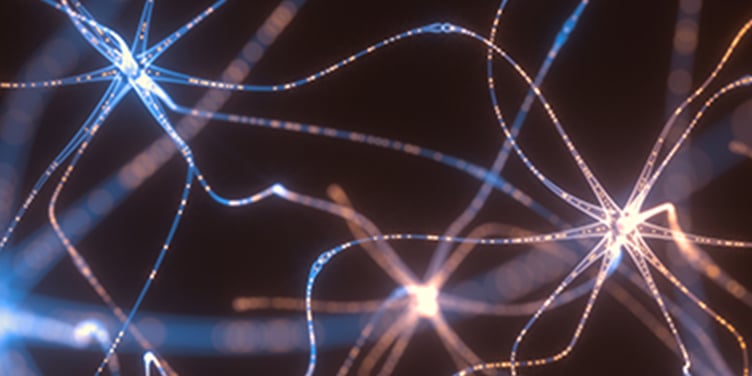Growth Hormone Deficiency

Overview
Growth hormone deficiency is a condition that typically causes abnormally short height in children, although the symptoms vary depending on age. The hormone, also called somatotropinin, is produced by the pituitary gland, located at the base of the brain.
The cause of the deficiency could be due to a number of reasons. It may exist at birth or develop after a head injury or medical condition that cause abnormal levels of hormones related to the endocrine glands. Cells in the pituitary gland that produce growth hormone are very sensitive to radiation and trauma. The condition can develop after radiation treatment for brain cancer or hormonal problems involving the pituitary gland or hypothalamus. Often, no cause is identified.
Our approach to growth hormone deficiency
UCSF offers highly specialized, world-class care for pituitary disorders, such as growth hormone deficiency. Our team includes experts in neuroendocrinology, neurosurgery and radiation therapy, among other specialties. We work together to help patients understand all aspects of their condition, so they can actively participate in decisions on their own care.
This condition is treated with growth hormone replacement therapy. Our goal is to improve our patients' overall sense of well-being and reverse symptoms, such as weight gain and poor bone density.
Awards & recognition
-

Among the top hospitals in the nation
-

One of the nation's best for diabetes care & endocrinology
Signs & symptoms
Growth hormone deficiency is most often diagnosed in children, rather than adults. Children with the condition have a slow rate of growth, usually less than 2 inches a year. In older children, the condition can result in delayed puberty or the absence of puberty.
In adults, symptoms include:- Decreased energy
- Increase in fat and decrease in lean muscle mass
- Difficulty exercising
- Osteoporosis
- Sleep disturbance
- Skin changes (fine lines, dryness, thinning)
- Psychological symptoms, such as depression and feelings of social isolation, poor short-term memory and difficulty concentrating
Diagnosis
To diagnose the condition, a physical exam and medical history will be performed to identify symptoms. In a child, weight, height and body proportions are measured to determine if there's a slow rate of growth.
In addition, the following tests may be performed:
- Blood tests to determine levels of hormones, including growth hormone and other endocrine hormones
- Bone mineral density scans to determine bone age and the development of osteoporosis, a common symptom
- Hand X-ray to identify bone age and possible osteoporosis
- Magnetic resonance imaging (MRI) of the head to determine other possible causes
Treatments
Synthetic growth hormone, administered as daily injections, has proven to be an effective treatment of growth hormone deficiency. Treatment should be considered in the context of current symptoms, lifestyle and risks.
In children, growth hormone replacement is critical for growth and development.
In adults, replacement therapy was controversial in the past but is now widely accepted.
Successful treatment with hormone replacement may depend on the patient's level of insulin-like growth factor 1 (IGF-1), which plays an important role in childhood growth. Its production is stimulated by growth hormone.
For patients with low levels of IGF-1, growth hormone levels can be adjusted to bring IGF-1 levels within a normal range. Benefits usually are noted in six to 18 months.
For patients with normal levels of IGF-1, there may be no benefit from growth hormone therapy.
UCSF Health medical specialists have reviewed this information. It is for educational purposes only and is not intended to replace the advice of your doctor or other health care provider. We encourage you to discuss any questions or concerns you may have with your provider.









